🤝U.S.-China trade war under review: have Trump's tariffs worked?
The USTR office is soliciting comments on the effectiveness of Section 301 tariffs, but some said the answer has long been clear.
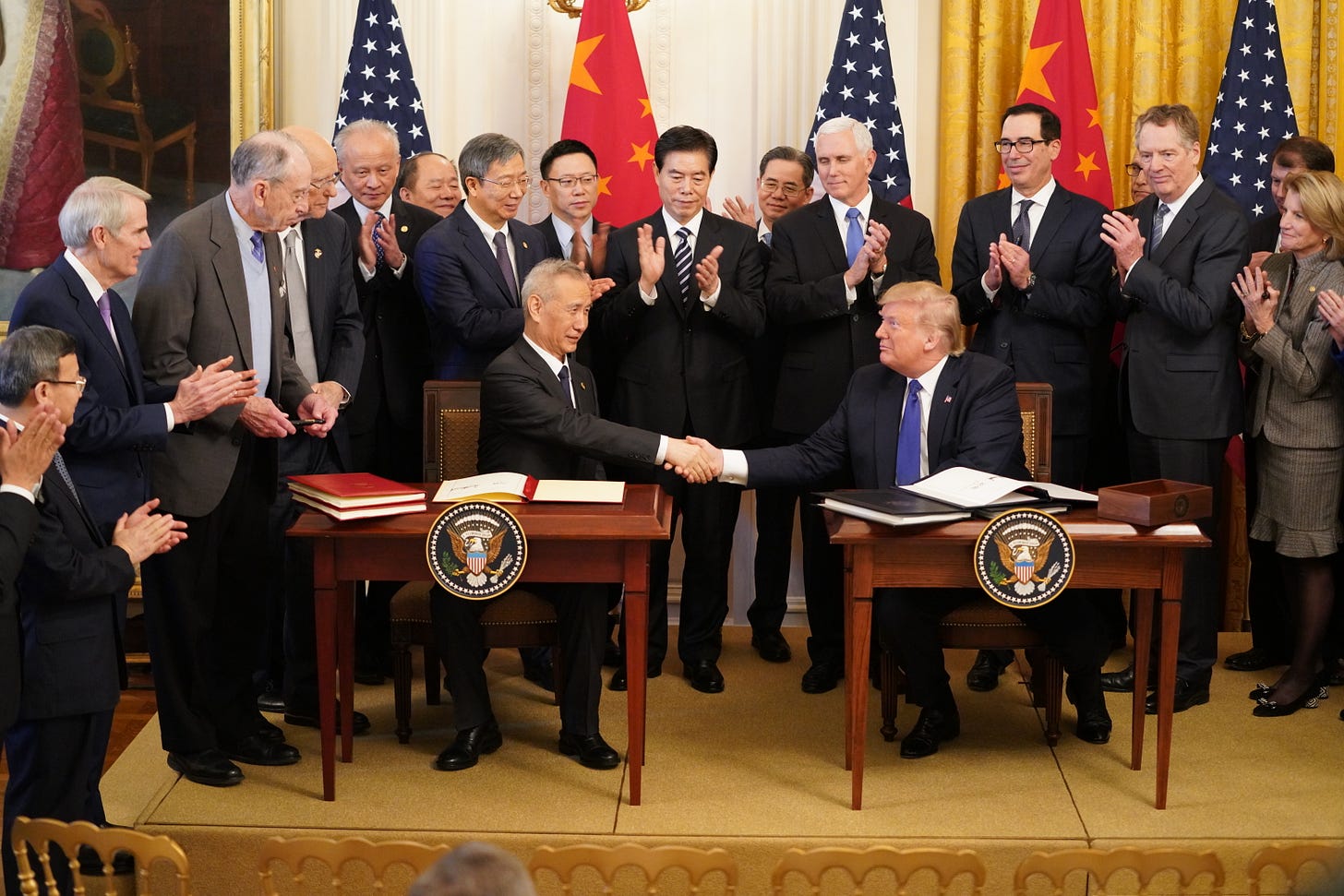
Washington is putting the "China tariffs" under review. Starting last week, the Office of the U.S. Trade Representative (USTR) is soliciting comments on the effectiveness of Section 301 tariffs, which apply to over $350 billion in annual goods imports from China.
In a formal notice, the USTR said it is seeking "public comments on the effectiveness of the actions in achieving the objectives of the investigation, other actions that could be taken, and the effects of such actions on the United States economy, including consumers."
Though the electronic portal accepting reviews will be open till January 17, 2023, some economists and observers have already come up with clear and firm answers.
In a co-authored opinion piece for The Hill, Marc L. Busch and Daniel Trefler said there is no need to wait for the effectiveness study. "The answer has long been clear: No."
"The China tariffs have failed economically, politically and legally," the two scholars argued.
By every measure, the tariffs have done serious harm to the U.S. economy. The full price of the tariffs has been paid by American wholesalers, retailers and consumers.
—— Marc L. Busch & Daniel Trefler
While U.S. retail prices on affected goods did not change, American wholesalers and retailers ate the full cost of the tariffs, they said, warning that U.S. export competitiveness took a beating, given the higher costs of imported inputs.
Calling claims that the tariffs boosted U.S. manufacturing employment "the biggest canard," the scholars cited evidence that shows that in industries most exposed to the tariffs and Chinese retaliation, American manufacturing jobs declined by over two percent.
Busch and Trefler are not the only voices calling to put an end to the Trump-era tariffs, which remain in place under President Joe Biden, especially when domestic inflation hovered near a 40-year high this year.
Americans for Free Trade (AFT), a broad coalition of trade organizations, called on U.S. Trade Representative Katherine Tai this month to prioritize bringing an end to the trade war with China.
Citing a U.S. International Trade Commission report examining the distributional effects of trade and trade policy on U.S. workers, the coalition said workers and consumers across the U.S. are suffering from the cost of tariffs.
"Since the start of the trade war, Americans have paid more than $160 billion in tariffs, limiting our economy's ability to grow and disproportionately harming vulnerable Americans," said the coalition's spokesperson Jonathan Gold.
Trump-era tariffs on Chinese imports are one example of counter-productive policies, according to International Monetary Fund Managing Director Kristalina Georgieva.
"My concern is a deepening fragmentation in the world economy," Georgieva said in an interview with the Washington Post.
We may be sleepwalking into a world that is poorer and less secure as a result.
—— Kristalina Georgieva, nternational Monetary Fund Managing Director
IS "DECOUPLING" TAKING PLACE?
Yet, has the four years into the trade war reduced economic interdependence between, or "decoupled" the world's two largest economies, as the U.S. expected? A recent Peterson Institute for International Economics (PIIE) research gave a mixed answer.
Chad Bown, a senior fellow at the Washington-based think tank, found that while Trump's trade war tariffs affected certain imports in expected ways, U.S. imports are surging for some Chinese products never hit with tariffs, including laptops and computer monitors that are in higher demand with the pandemic lockdowns.
Bown warned that the "benefits of any U.S.-China decoupling come with costs," and pointed out that numerous studies have documented the negative impact of the trade war tariffs on the US economy.
Tariffs have hurt US manufacturing output, employment, and exports.
—— Chad Bown
Policymakers, Bown said, therefore need to interpret even the preliminary evidence of some U.S.-China "decoupling" with extreme caution.
"Policy decisions made today to reduce economic interdependence between the two countries will have profound implications for both economies, and neither will escape unscathed," he wrote.
Foreign Policy columnist Michael Hirsh also observed that in terms of overall U.S.-China trade in goods and services, decoupling isn't yet happening in any significant way, not by a long shot. And it's not likely to, despite the trade war begun by Trump and supported, to some degree, by Biden.
In a Foreign Policy article in June, Hirsh said from agricultural goods to an array of raw materials and components for manufacturing, the economic relationship remains profound and is growing deeper in many sectors. The U.S. Department of Agriculture forecasted in May that farm exports to China alone would come in at a record $36 billion this fiscal year, more than double the $17 billion of the 2020 fiscal year.
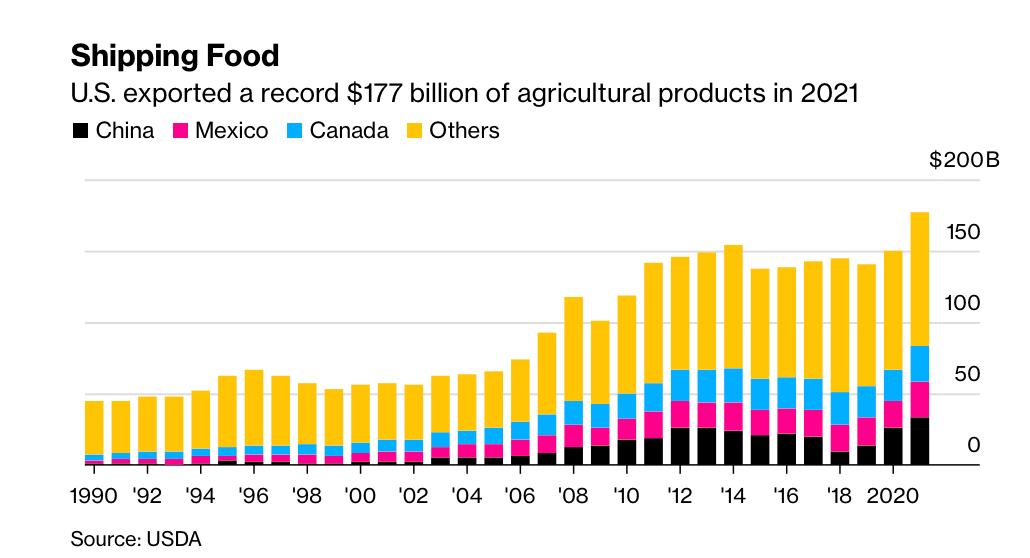
Hirsh's article cited Evan Greenberg, a former chair of the U.S.-China Business Council, who called decoupling an "economic impossibility" and urged U.S. companies to redouble their efforts to enter the Chinese market in a June speech in Washington.
The real bottom line for continuing U.S.-China trade is profits, the article said, quoting trade expert Allen J. Morrison.
"U.S. executives will tell you off the record how much money they're making, how good the Chinese market is," Morrison said in an interview. "But they bury this data in their financial reports. They don't separate out the China results and instead call them 'Asia-Pacific' revenues. They move profits around, obfuscate what's happening, because it's not politically correct."
"There are dangers to U.S. policy if the push to decouple goes too far, too fast," Hirsh has warned.
PUTTING TIES BACK ON TRACK
The good news is, a few positive signs are emerging as top leaders of the two countries sat down and tried to put ties back on track.
When Chinese President Xi Jinping and U.S. President Joe Biden met in Indonesia last week for the first time as heads of state, they touched upon many key issues in the bilateral relationship and pledged to keep the channels of communication open at multiple levels.
Xi pointed out the current state of China-U.S. relations is not in the fundamental interests of the two countries and peoples, and is not what the international community expects.
"Starting a trade war or a technology war, building walls and barriers, and pushing for decoupling and severing supply chains run counter to the principles of market economy and undermine international trade rules," China's official media quoted Xi as saying.
In a readout released after the meeting, the White House said Biden reiterated that the U.S.-China competition should not veer into conflict and underscored that the United States and China must manage the competition responsibly and maintain open lines of communication.
Following the face-to-face meeting between the heads of state, China's Commerce Minister Wang Wentao and U.S. Trade Representative Katherine Tai also met during the 29th Asia-Pacific Economic Cooperation Economic Leaders' Meeting in Bangkok, which the Chinese commerce ministry described as "candid, professional and constructive."
"We will implement the important consensus reached by the two heads of state at their meeting, and we hope that the United States will work with China to push bilateral economic and trade cooperation back on the path of steady and sound development," said a spokesperson with the ministry Thursday.
"It is encouraging to see President Biden and President Xi coming together to discuss one of the most important bilateral relationships to the health of the global economy," commented AFT Spokesperson Jonathan Gold on the Xi-Biden meeting.
As they continue this dialogue and work to de-escalate tensions that have defined the U.S.-China relationship in recent years, the ongoing trade war between the two nations must be addressed, according to Gold.


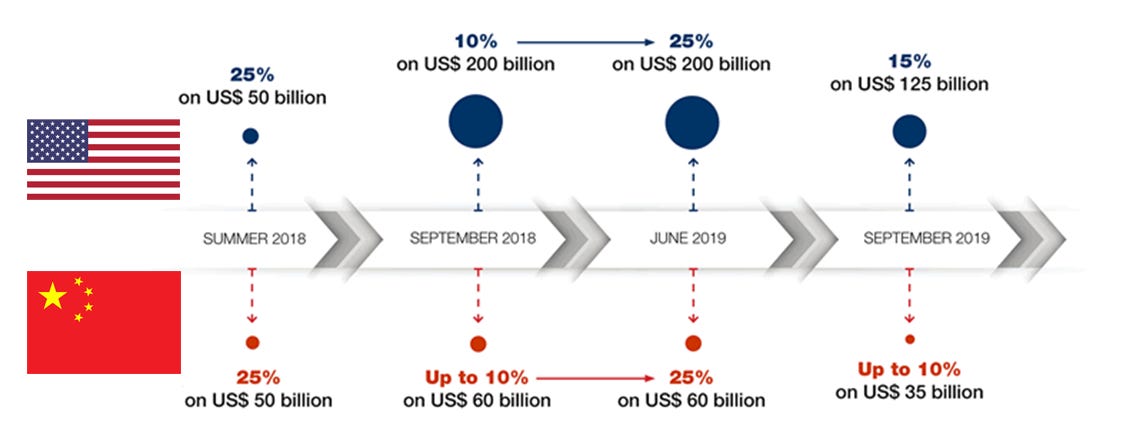

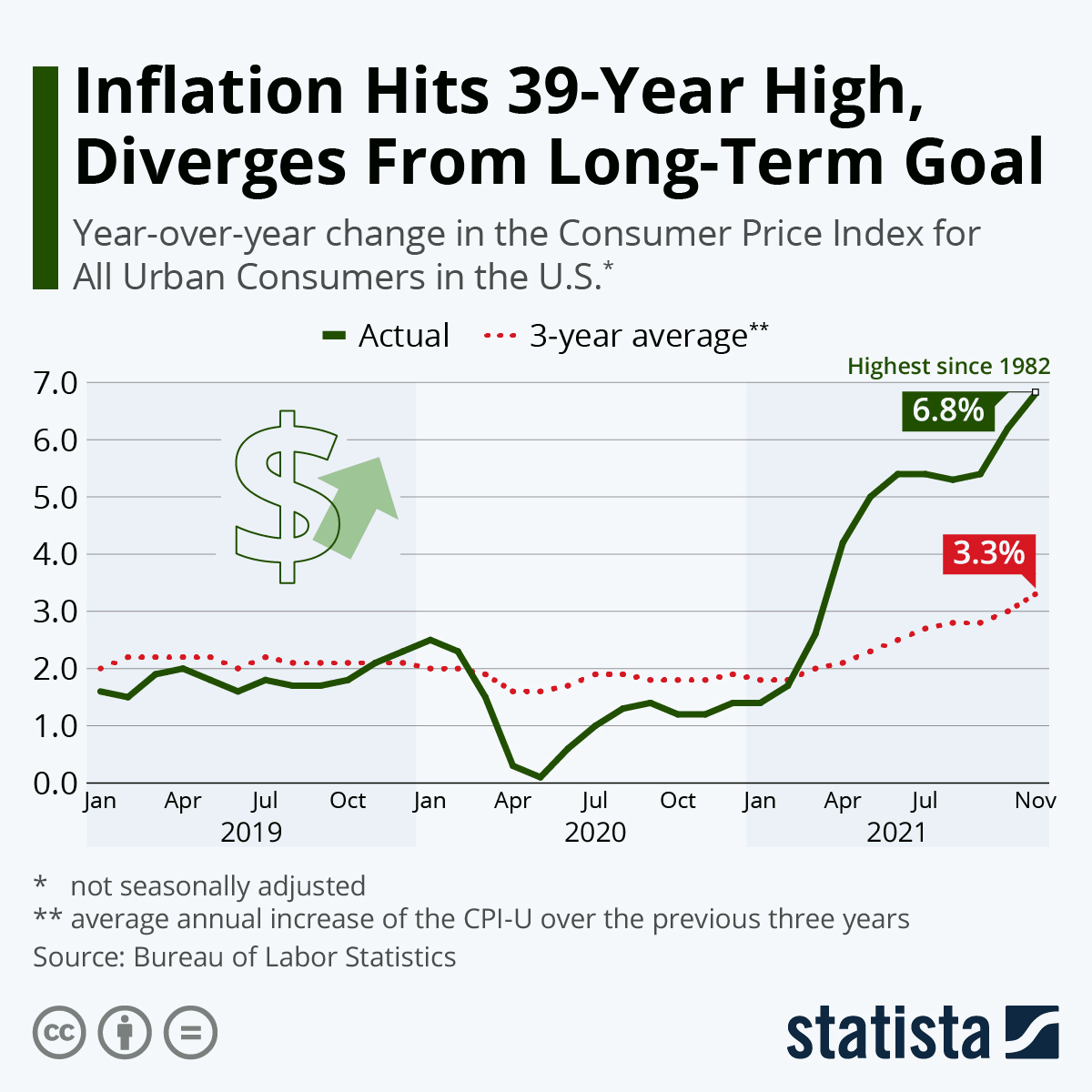

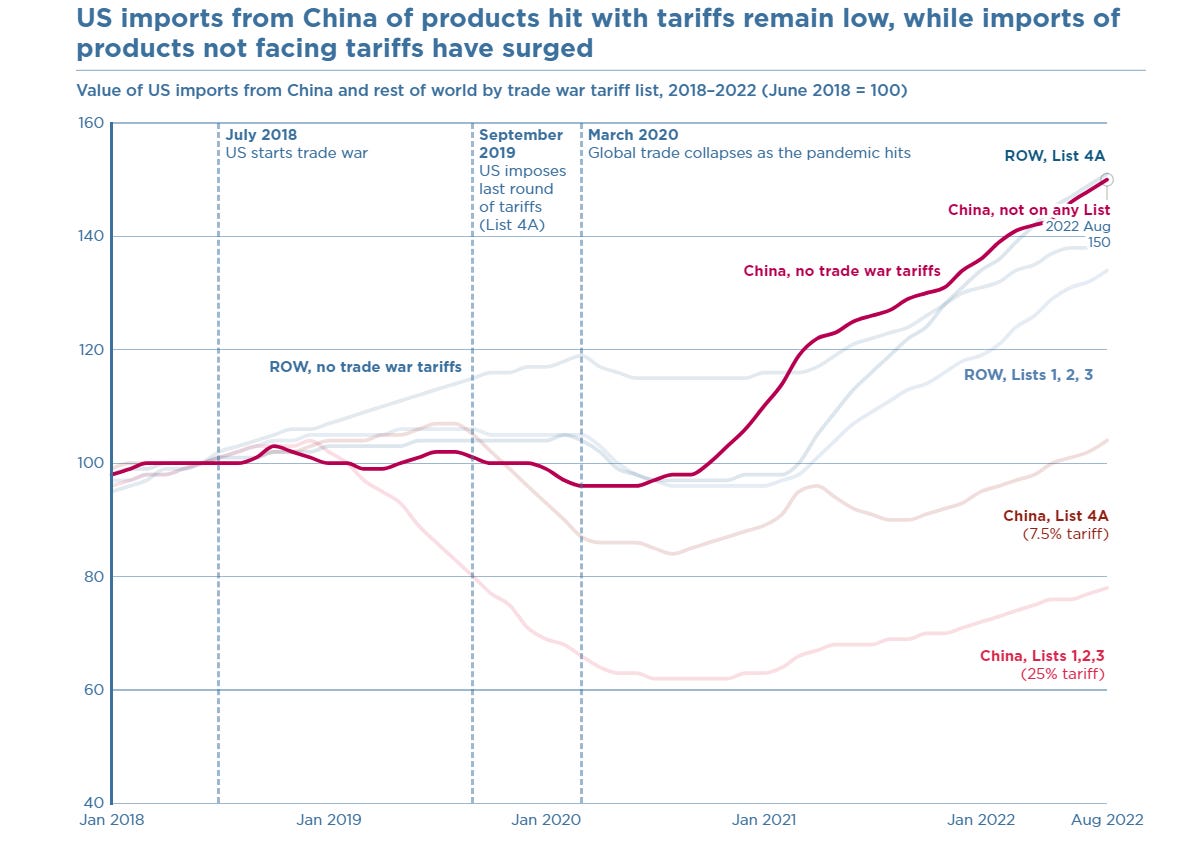


Marvelous article. Very helpful! Thanks.